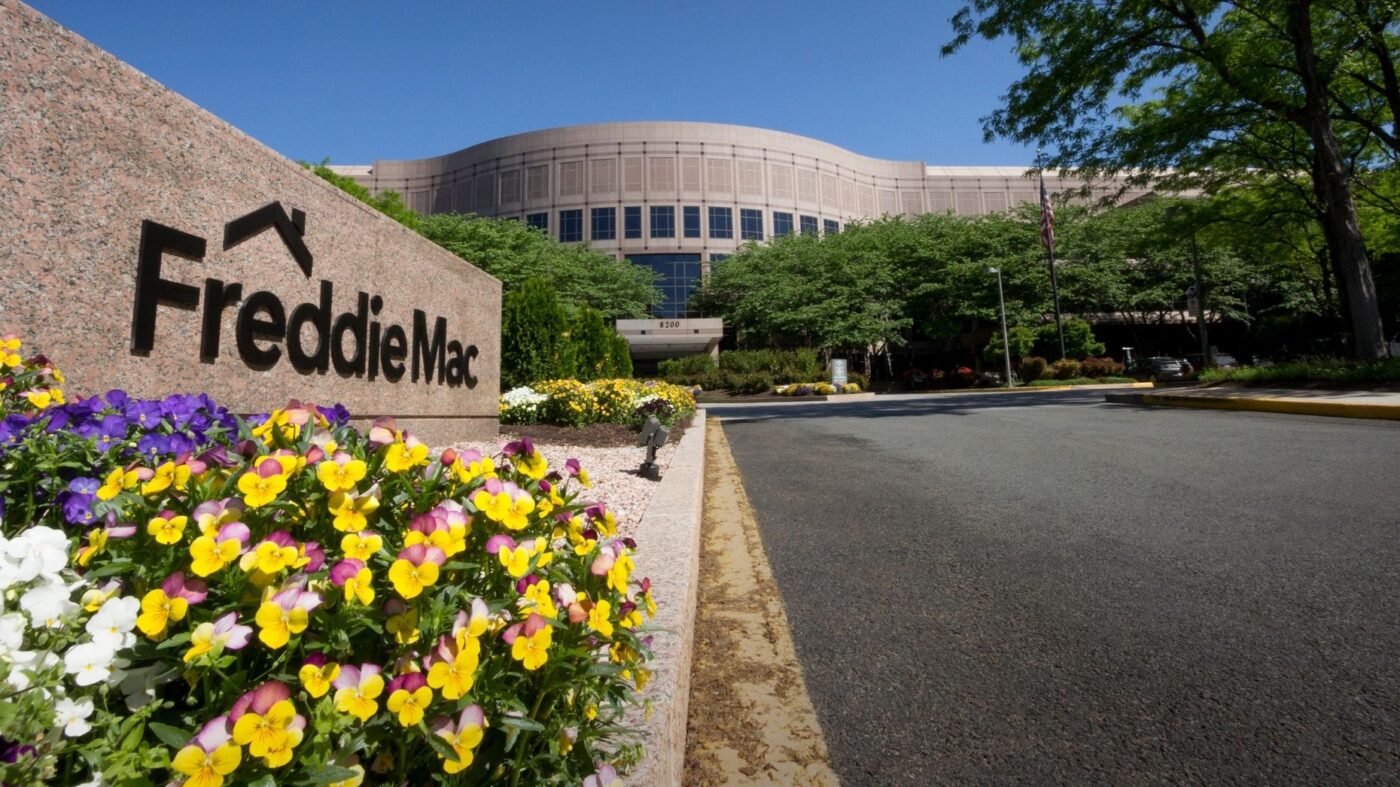By Chad Meier, December 3, 2020
The average rate for a 30-year, fixed-rate mortgage fell to 2.71%, the lowest number ever recorded by Freddie Mac’s weekly survey of rates (which dates back to 1971). 
The average rate for a 30-year, fixed-rate mortgage once again hit a new all-time low, clocking in at 2.71 percent, according to data released Thursday by Freddie Mac. But even with a new historic low for the 14th time this year, Freddie Mac Chief Economist Sam Khater believes home sales may be slowing down.
“While homebuyer appetite remains robust, the scarce inventory has effectively put a limit on how much higher sales can increase” Khater said, in a statement.
And more…
This time last year, the average rate for a 30-year, fixed-rate mortgage was 3.68 percent.
The 15-year fixed-rate mortgage meanwhile average 2.28 percent, down from last week’s 2.28 percent average & below the 3.14 percent average for the same week in 2019.
The 5-year Treasury-indexed hybrid adjustable-rate mortgage (ARM) had the highest rate, averaging 2.86 percent, down from last week’s 3.16 percent. A year ago at this time, it averaged 3.39 percent.
Rates continue to sit at historic lows as investors watch COVID-19 vaccine progress and deliberations on a potential stimulus package in Congress, according to George Ratiu, realtor.com’s senior economist.
While low interest rates have been fuel for the blazing housing market in 2020, double-digit price gains over the past three months are now chipping away at affordability gains for Americans, according to Ratiu.
The National Association of Realtors (NAR) pending home sale index (a forward-looking indicator of home sale activity based on contract signings) fell 1.1 percent from September to October. And while contract signings were still up more than 20 percent year over year, the month-to-month decline shows signs that sales are slowing down.
On the economy in crisis, Ratiu said “Moreover, millions of people are staring at a wall of expiring support programs, such as the pandemic unemployment insurance and eviction protections, which dampen the brightness of the incoming holiday season. While we see a light at the end of the pandemic tunnel with upcoming vaccines, there is still a big question around whether Congress can come to terms on a new stimulus package to help the country recover from the current economic downturn.”
